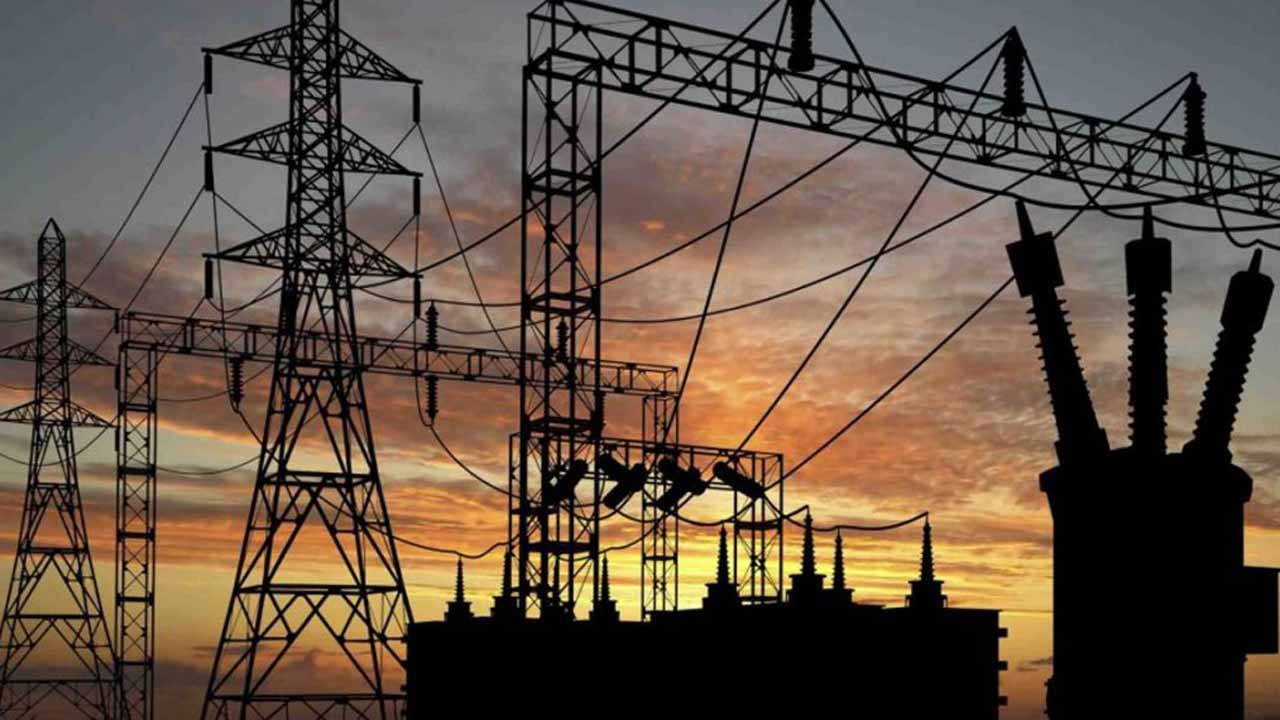Stakeholders at the ongoing ADIPEC 2025, one of the largest gatherings of energy experts in the world, have reiterated the need for Nigeria to deploy a strategic approach to advancing its clean energy ambition by focusing on the supply of natural gas.
Indeed, discussions at the forum focused on energy, intelligence and impact, as global energy leaders in their various remarks openly expressed their desire to drive the needed changes in the sector that will bring about clean energy that is commercially competitive and sustainable.
Specifically, the Minister of State for Petroleum (Gas), Ekperikpe Ekpo, Special Adviser to the President on Energy, Olu Arowolo Verheijen, the GCEO of NNPC, MD/CEO of NLNG and other operators advocated Nigeria’s commitment to delivering measurable and sustainable contributions to the transformation within the global energy sector.
Indeed, natural gas and LNG have emerged as critical pillars of the global energy system, essential for balancing supply and demand, enabling renewables integration, and delivering energy security during an era of unprecedented transformation. The realisation of Nigeria’s Decade of Gas initiative was highlighted, with an invitation extended to international investors to key in.
Some speakers noted that the global LNG industry is entering a period of remarkable growth with over 200 mmtpa of LNG capacity under construction, which is expected to lift supply volumes by 50 per cent to above 600 mmtpa in the early 2030s – most likely in excess of demand.
However, global industry leaders noted that to achieve success, the question of how geopolitics would reshape the natural gas and LNG market needs to be addressed.
During a panel session at the conference, Dr. Philip Mshelbila, MD/CEO of NLNG, joined other esteemed panellists to discuss various solutions on the topic.
Specifically, key global developments were addressed, including Europe’s shift away from Russian pipeline gas and how this shift is affecting LNG trade worldwide; the United States’ rapid growth as an LNG net exporter, with capacity increasing from about ~30 MMT in 2018 to ~85 MMT in 2024; and Africa’s ongoing efforts to maintain its role as a dependable LNG supplier, supporting energy security, diplomatic relationships, and industrial competitiveness. These factors were all highlighted as key geopolitical drivers shaping the conversation.
Mshelbila discussed several of NLNG’s strategic responses to these challenges and encouraged global leaders to adopt or adapt effective approaches to stay competitive.
He advocated solutions that blend reliability with flexible commercial options, diverse supply portfolios with transparent low-carbon credentials, flexible trade flows, and ones that cement strong partnerships that last through volatility can help address these issues.
He also highlighted that as Africa and Nigeria become increasingly important, NLNG’s growth and strategic position are even more critical. NLNG remains dedicated to acting as a dependable and responsible supplier, supporting worldwide progress and local development.






